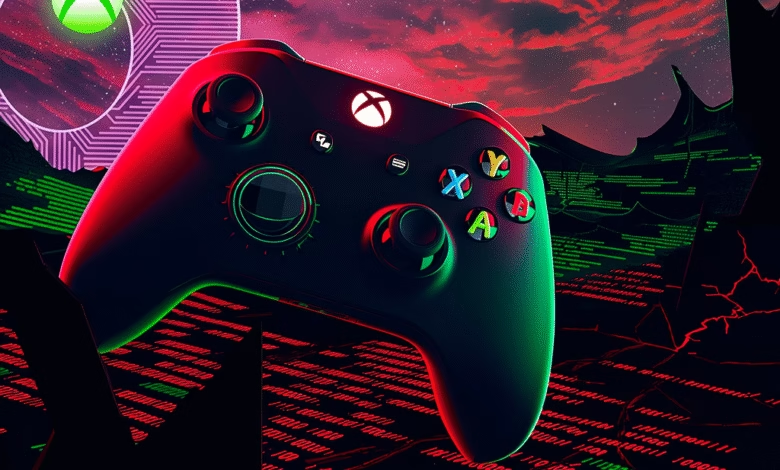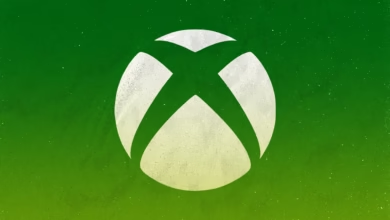Developer’s Game Pass Critique Sparks Major Backlash

▼ Summary
– Microsoft’s Game Pass offers hundreds of games for a low price, but its sustainability is questioned due to high development costs and studio layoffs.
– Arkane Studios founder Raphael Colantonio argues Game Pass is unsustainable, subsidized by Microsoft’s funds, and may harm the industry by dominating other models.
– Microsoft spends billions annually on third-party games and studio acquisitions, while Game Pass has 35 million subscribers, many paying discounted rates.
– Critics compare Game Pass to tech models like Uber, operating at a loss to dominate the market, potentially leading to higher prices and worse service later.
– While Game Pass benefits gamers with affordability and indie studios with exposure, its long-term impact on developers and the industry remains contentious.
Microsoft’s Game Pass has revolutionized gaming by offering an extensive library of titles for a fraction of traditional costs, but industry veterans are raising concerns about its long-term sustainability. The debate intensified when Raphael Colantonio, founder of Arkane Studios, argued that the subscription model, backed by Microsoft’s deep pockets, could ultimately harm the industry. His critique has sparked fierce discussions among developers and players, revealing a growing divide over the future of game distribution.
Colantonio’s central argument is simple: Game Pass operates at a loss, propped up by Microsoft’s financial muscle, and risks destabilizing traditional sales models. “It’s an unsustainable approach,” he stated in a social media thread. “Eventually, reality will catch up, either competitors collapse, or Microsoft abandons the strategy.” His perspective isn’t unfounded. Reports indicate Microsoft spends over a billion dollars annually securing third-party titles for the service, on top of its massive acquisitions like Bethesda and Activision Blizzard.
Despite boasting 35 million subscribers, the service’s profitability remains questionable. Many users join through steep discounts, and recent price hikes suggest Microsoft is struggling to balance growth with revenue. Even more telling, the company quietly merged Xbox Live Gold into Game Pass Core, effectively masking potential subscriber declines. Phil Spencer, head of Xbox, previously admitted console subscriptions were plateauing, a red flag for a model banking on perpetual expansion.
Critics compare Game Pass to other tech disruptors like Uber, which burned cash to dominate markets before raising prices and cutting corners. The fear? Once competition dwindles, Microsoft could hike fees or reduce quality, leaving gamers with fewer alternatives. While rivals like PlayStation Plus and EA Play exist, none match Game Pass’s scale, making its dominance a double-edged sword.
The backlash to Colantonio’s remarks highlights the tension between developers and consumers. Many players, facing rising game prices and living costs, see Game Pass as a lifeline. “If wages stagnate but expenses soar, of course I’ll choose the cheapest option,” one user countered. Colantonio acknowledged this, clarifying his critique wasn’t aimed at subscribers but at the system’s inherent flaws. “It’s a great deal, for now,” he conceded. “But when something seems too good to be true, it usually is.”
Yet Game Pass undeniably benefits some studios. Smaller developers gain exposure to millions, while older titles like Sea of Thieves and No Man’s Sky enjoy resurgences. For players, the value is undeniable: risk-free access to indies and blockbusters alike. But as Colantonio warns, short-term gains may hide long-term consequences. If the model collapses, both creators and gamers could pay the price.
The conversation reflects broader anxieties in an industry grappling with rising costs, layoffs, and shifting monetization. Whether Game Pass evolves or implodes, its impact is already irreversible, forcing everyone to ask: Is convenience worth the potential fallout?
(Source: Polygon)






